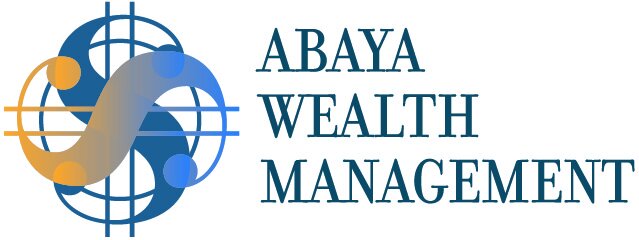Understanding Disability Insurance: Protecting Your Financial Future
Life is full of uncertainties, and one of the most unexpected events that can impact your financial stability is a disability. Whether it's due to an accident, illness, or injury, a disability can disrupt your ability to work and earn a living. This is where disability insurance steps in as a crucial financial safeguard.
What is Disability Insurance?
Disability insurance, often referred to as disability income insurance or disability income protection, is a type of insurance that provides financial protection to individuals who are unable to work due to a disability. This disability may be temporary or permanent and can result from various causes, including accidents, illnesses, or injuries. Disability insurance replaces a portion of the insured person's income during their period of disability, ensuring they can meet their financial obligations and maintain their quality of life.
Why Disability Insurance is Important
Income Replacement
One of the primary reasons disability insurance is important is its role in replacing lost income. When you're unable to work due to a disability, your regular paycheck disappears, and without a source of income, it can be challenging to cover essential expenses such as mortgage or rent, groceries, utility bills, and medical costs. Disability insurance helps bridge this financial gap by providing a steady stream of income, allowing you to maintain your standard of living.
Protecting Your Financial Stability
Your ability to earn an income is one of your most valuable assets. Disability insurance ensures that even if you can't work for an extended period, you won't face a financial crisis. It helps keep your finances on track, so you don't have to drain your savings or tap into your retirement fund too soon. This can be especially crucial for individuals with dependents who rely on their income to meet family needs.
Covering Medical Expenses
A disability often comes with medical expenses, including doctor's visits, hospitalization, medications, and rehabilitation. While health insurance may cover a portion of these costs, disability insurance helps bridge any gaps in coverage, ensuring you can access the necessary healthcare without worrying about the financial burden.
Peace of Mind
Having disability insurance provides peace of mind. Knowing that you have a safety net in place in case of a disability can alleviate stress and anxiety. This peace of mind can positively impact your overall well-being and mental health, allowing you to focus on your recovery without constantly worrying about your financial situation.
Maintaining Your Lifestyle
Without disability insurance, a disability could force you to make significant lifestyle changes. You may need to sell assets, downsize your home, or rely on government assistance programs. Disability insurance helps you maintain your lifestyle and financial independence, ensuring that you can continue to enjoy the things that matter most to you.
Types of Disability Insurance
There are two main types of disability insurance:
Short-Term Disability Insurance: This type of insurance typically provides coverage for a short duration, often ranging from a few months to a year. Short-term disability insurance is designed to cover temporary disabilities and typically offers a higher percentage of your pre-disability income but for a limited time.
Long-Term Disability Insurance: Long-term disability insurance provides coverage for a more extended period, often until retirement age if needed. It is suitable for disabilities that are expected to last for an extended period or become permanent. While the benefit percentage may be lower than that of short-term disability insurance, the coverage duration is much longer.
How to Obtain Disability Insurance
You can obtain disability insurance through various sources:
Employer-Sponsored Plans: Many employers offer disability insurance as part of their employee benefits package. In such cases, the employer may cover part or all of the premium costs.
Individual Disability Insurance: If your employer does not offer disability insurance or if you want additional coverage, you can purchase an individual disability insurance policy. These policies can be customized to meet your specific needs.
Government Programs: In the United States, government programs play a crucial role in providing disability benefits to eligible individuals. Two main programs exist to offer financial support and assistance to disabled Americans: Social Security Disability Insurance (SSDI) and Supplemental Security Income (SSI). While these programs are essential sources of support, it's essential to understand that they do come with certain eligibility criteria and limitations.
Disability insurance is a crucial component of financial planning, offering protection and peace of mind in the face of unexpected disabilities. It ensures that you can continue to support yourself and your family, cover medical expenses, and maintain your lifestyle even when you can't work. While the specific terms and coverage options may vary, the importance of disability insurance in safeguarding your financial future cannot be overstated. So, take the time to explore your options and consider adding disability insurance to your financial protection strategy. It's an investment in your well-being and financial security that you won't regret.
